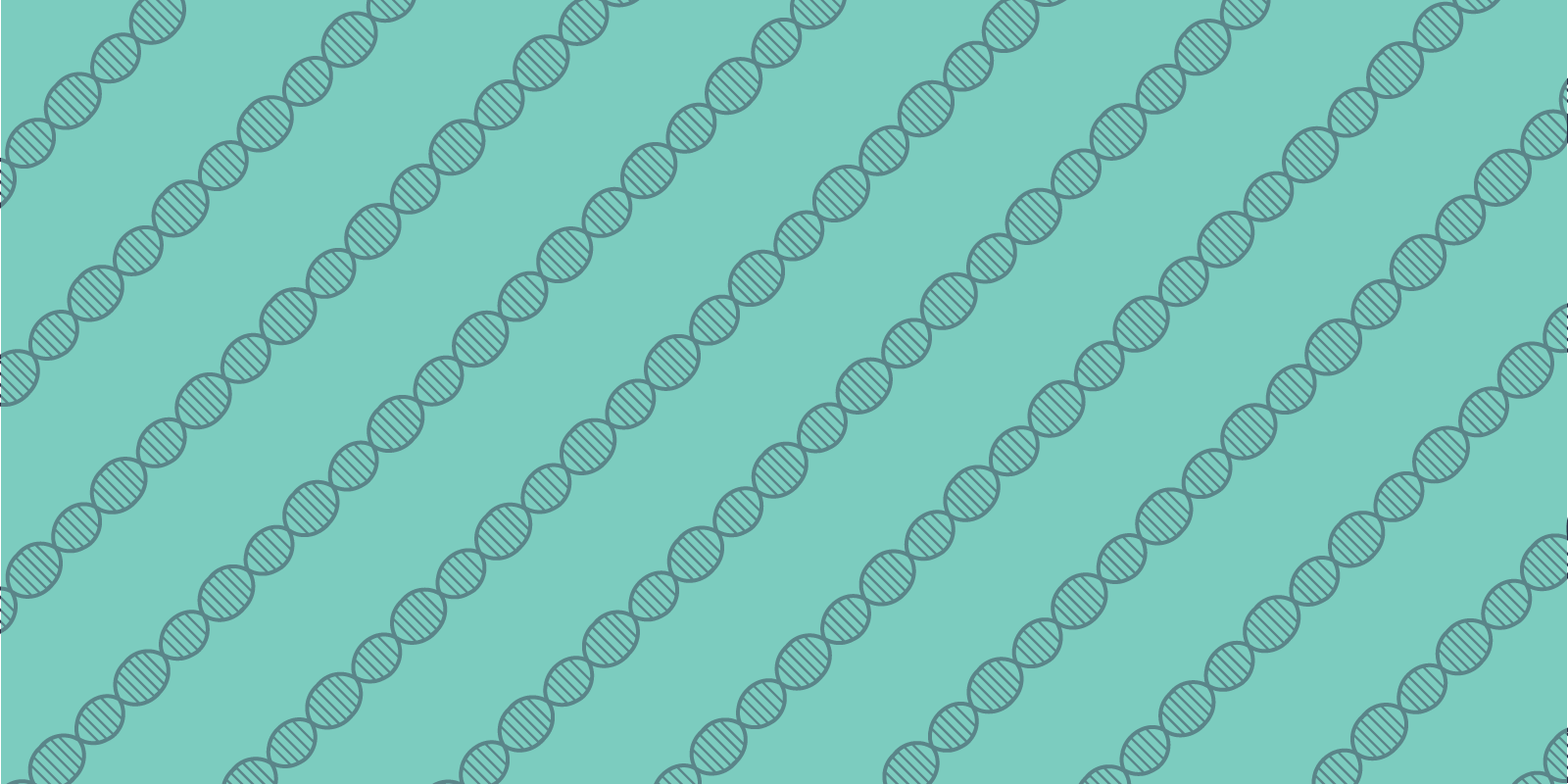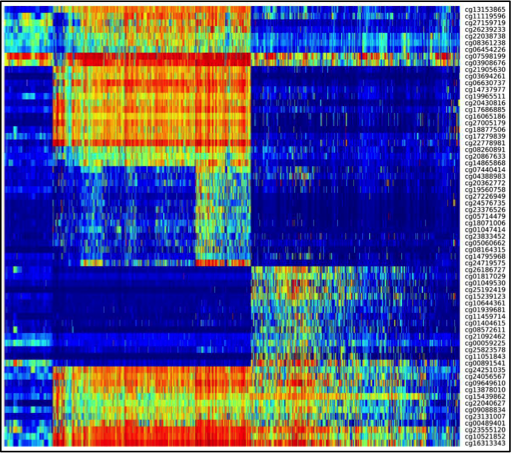
Next-gen tech for brain cancer treatment
We’re proud to announce that your awesome fundraising for Connor’s Run will be supporting the creation of a brain tumour molecular subtyping service – a first for Australia!
![]()
What is a molecular subtyping service?
Good question (we would be surprised if you knew the answer already).
There are around 120 different types of brain tumours and each one responds differently to various types of treatment. In the past couple of years, there have been significant breakthroughs in the ways the specific tumours are identified through a process called ‘methylation arrays’ which analyses DNA. Essentially, this will give doctors more specific information about the type of tumour someone has, and they will be able to develop ways to tailor the treatment for the best possible outcomes.
How does that work?
Using state of the art technology, this research will examine the chemical tag, methylation, on the DNA of thousands of genes in brain tumour samples. Methylation tags are present in different patterns that are unique to different types of brain tumours. Hence these unique methylation patterns can be utilised to refine the diagnosis of a tumour thus ensuring that the most effective treatments are given.

Clustering of brain tumours on a methylation “heat map”. Image: Columbia University Medical Centre
This refined classification will not only target treatments more appropriately but also reduce the likelihood of debilitating treatment side effects as more intensive treatments are reserved for the most aggressive tumours.
Benefiting Australian patients
This subtyping has been used overseas in Canada, Germany and other countries for a few years now. Currently, if Australian patients and doctors want more information about their tumours, samples have to be shipped overseas for processing – an expensive and time-consuming process. With your support, a new program will be established at Monash Children’s Cancer Centre – increasing access for many Australians.
“With a better understanding of the basis of the molecular abnormalities in tumours, we have the potential tools for developing more specific targeted treatments, and to cure more children and adolescents of their brain cancer. This work could not be done without the support of the Robert Connor Dawes Foundation.” – Peter Downie
The brains running the project
The project will be coordinated by Old Brighton Grammarian Peter Downie, Head of the Monash Children’s Cancer Centre – a great connection to Connor’s school.
“The support that Monash Children’s Cancer Centre has received from the RCD and its supporters allows us to expand on our current brain tumour research program. This invaluable funding will also enable new projects to be started, in particular a laboratory research scheme looking at the molecular profiling of different tumour types, which will be expanded to involve other centres around Australia. ” – Peter Downie
The researchers, Assoc Professor Elizabeth Algar, Drs Jason Cain and Peter Downie, aim to offer this technology and analysis platform Australia-wide to facilitate the application of optimal treatments for childhood brain tumours. Classification of brain tumours using this technology is not presently available in Australia.